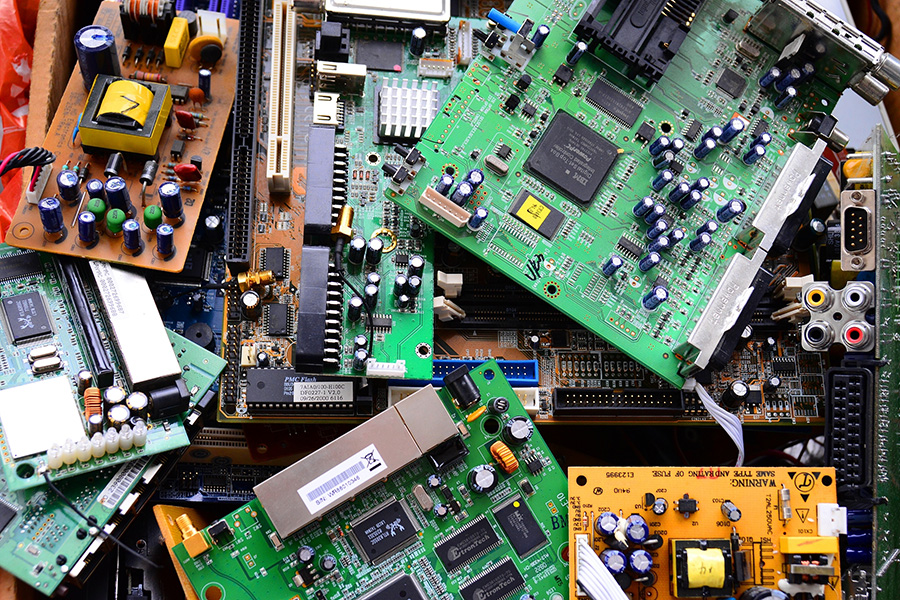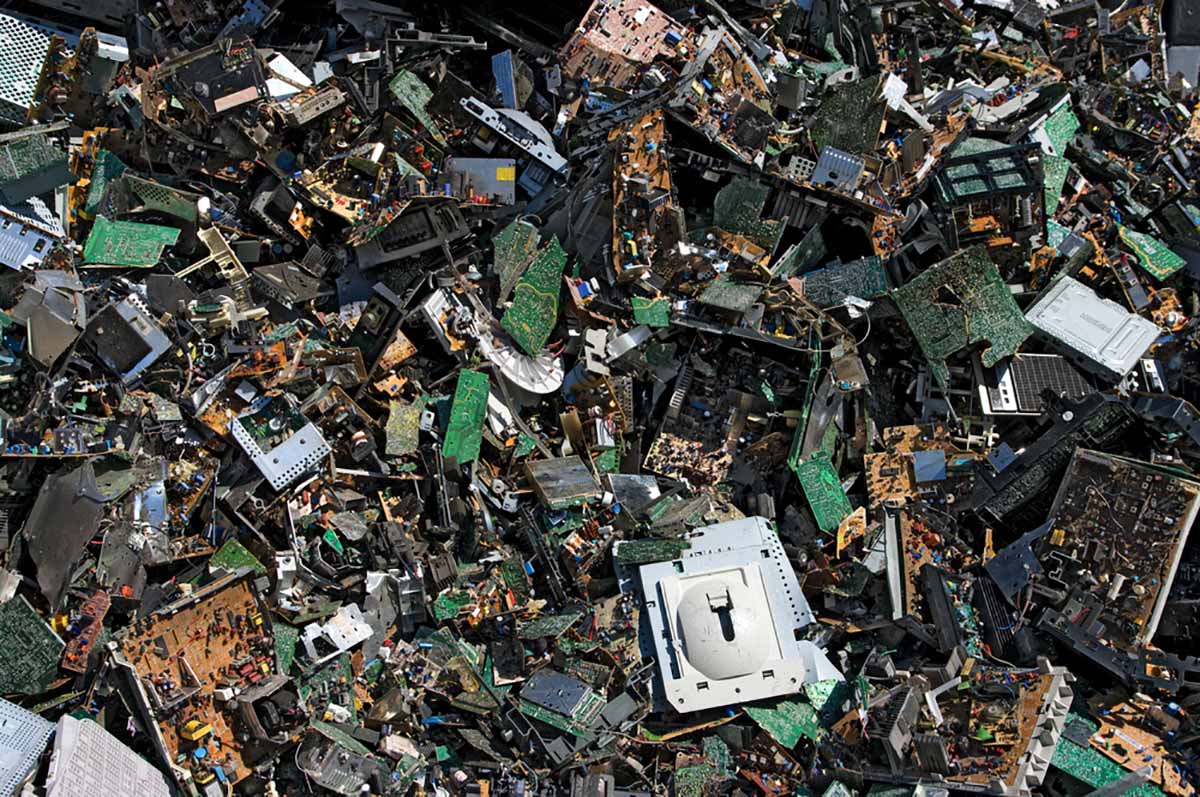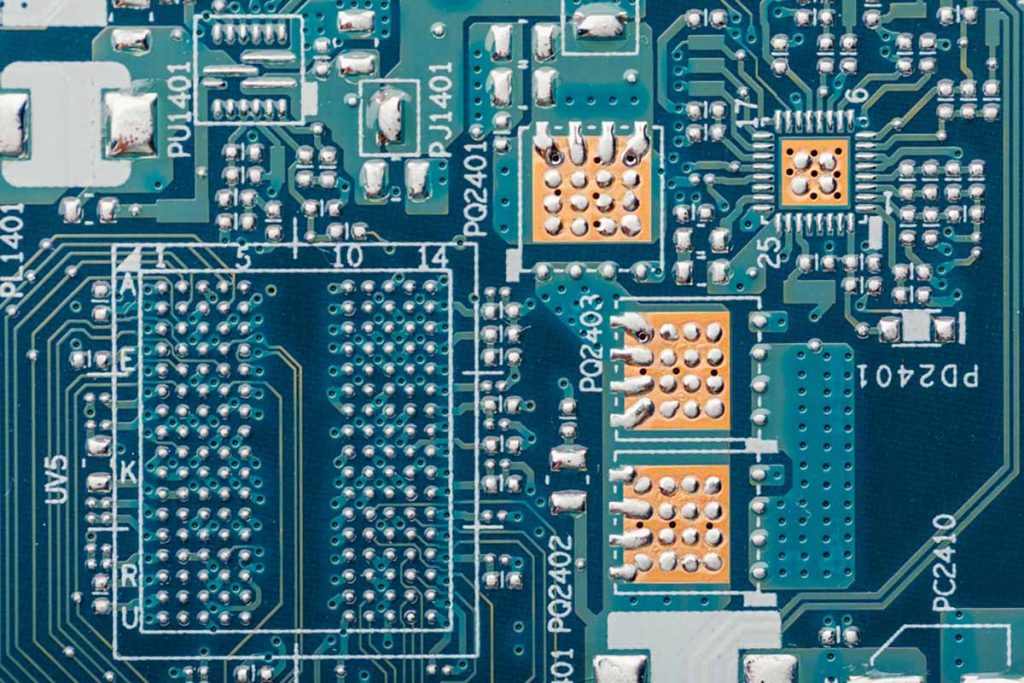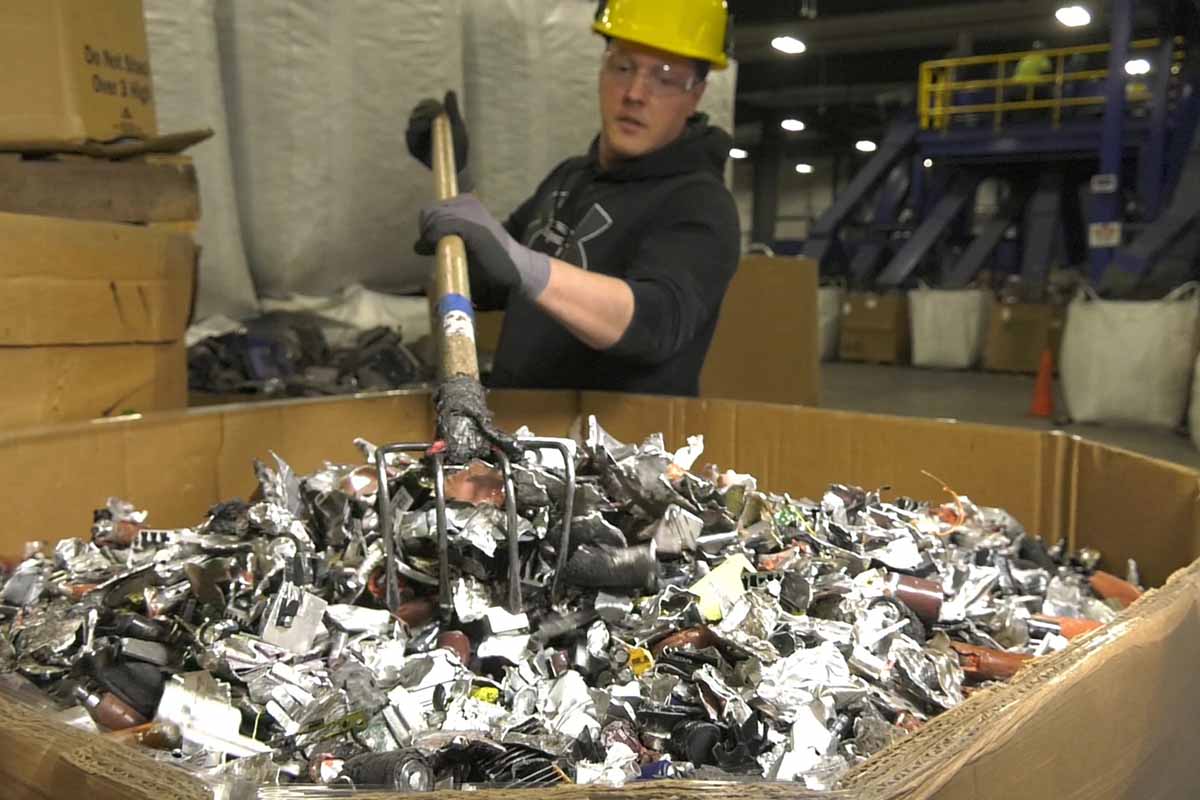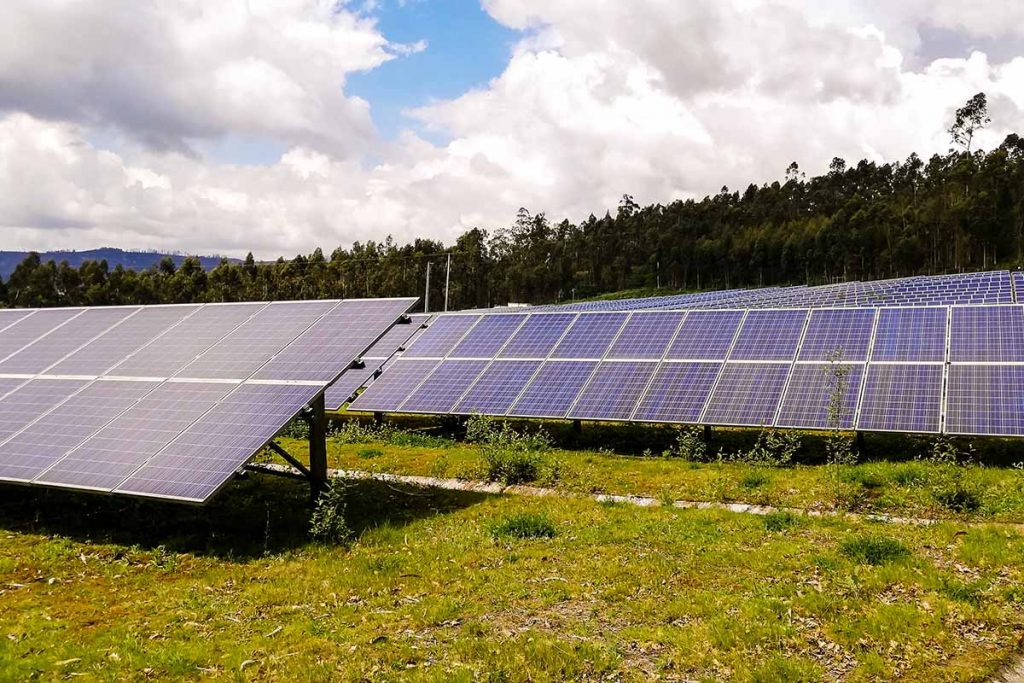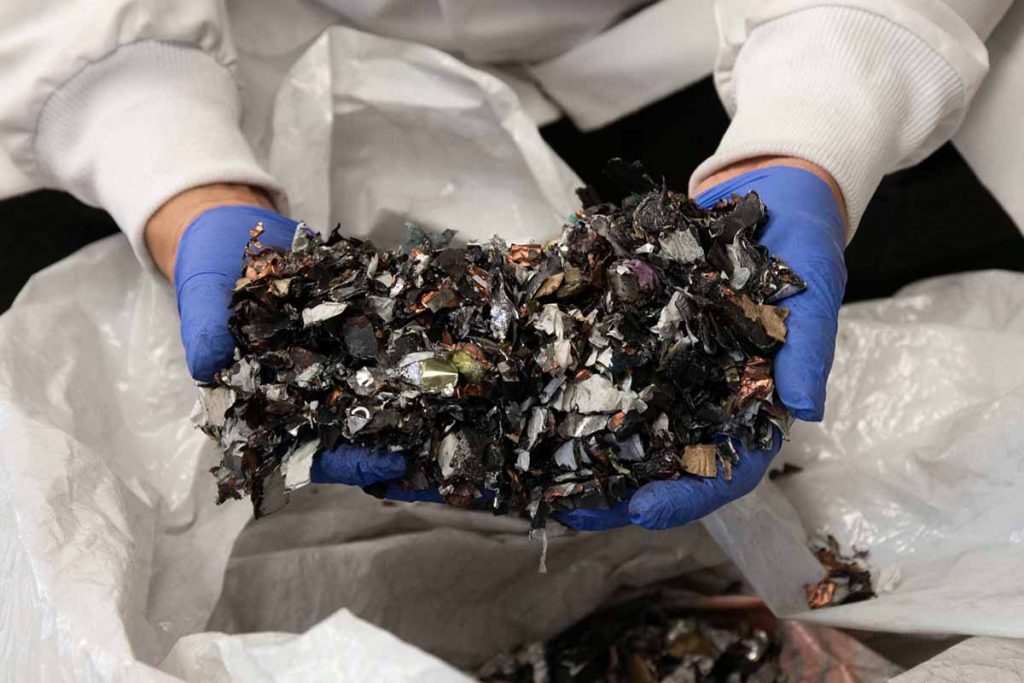
A Canadian survey found computers, TVs and cell phones were the three most common types of electronics households had to dispose of. | Valeri Potapova/Shutterstock
Canadian authorities say the percentage of households disposing of unwanted computers, printers, TVs, audio/visual equipment and cell phones continued to drop last year.


